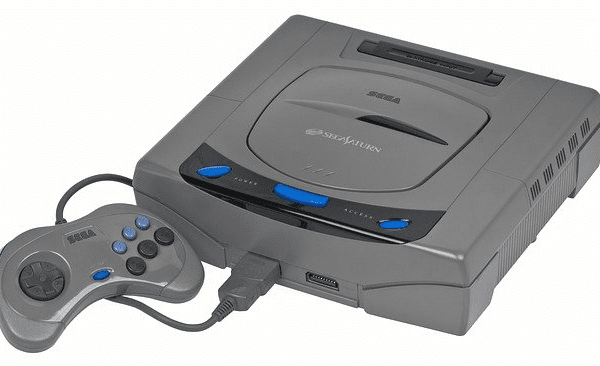For her, a “video game” already meant something different that had nothing to do with learning anything of obvious use. I mostly agreed, and so we just played Super Mario Odyssey over and over until she could reliably run and jump and understand that Mario needed to rescue Princess Peach from Bowser. Over time, she learned that Mario had a brother named Luigi and Bowser had a son named Bowser Jr.
Her interest in the broader Mario universe led to her demanding that we buy a Super Mario chess set she saw in Target. Now she can skillfully move Mario, Luigi, Princess Peach, Toad and Yoshi around the board, which I suppose means that a video game — or at the very least video game branding — has offered up an educational opportunity.
I do not believe in the supremacy of some games over others, really. Chess might be seen as a more healthy activity than saving Princess Peach from Bowser, but I’ve known far more degenerate chess players in my life than video game addicts. What was exciting wasn’t so much that my daughter was learning a more intellectual game but that she had developed a taste for games, period.
Throughout the pandemic, we have played and completed Luigi’s Mansion 3, Captain Toad: Treasure Tracker, Bowser’s Fury, Yoshi’s Crafted World and Snipperclips. The only game we’ve played that I’ve disliked is Alba, which involves a kid who tries to save animals in danger on a Mediterranean island. I’ve found, like my daughter, that the intrusion of a purportedly important message ruins the experience.
When we play these games, she is fully engaged and asks questions about the stories, which I admit are stupid, but most kids’ stories are stupid. When she solves a puzzle in a game or defeats a boss, her face lights up with the same satisfaction and confidence she displayed when she learned to ride a bike without training wheels or when she figured out how to go across the monkey bars. These moments are digitally inspired, yes, but I’m not sure why that means they’re worth less.
But more important, video games have become a thing we do together. We now play them a few nights a week. For Halloween this year, my wife and I dressed up as Princess Peach and Bowser and our daughter went as Mario. She has become what the kids in my second-grade class might have called a Nintendo freak, although I imagine the kids in her generation are all Nintendo freaks.
My experience with video games, of course, is just my experience. There may be kids who fall into addictive patterns — several years ago, the World Health Organization added “gaming disorder” as a behavioral addiction to its list of diseases — and my own listless way of playing games certainly shouldn’t be the model for anyone’s life. But we have now been through nearly 50 years of alarm over video games and the evidence has never quite justified it, contrary to Koop’s prediction. Some scholarship has even highlighted the cognitive and social benefits of many video games.
Source: https://www.nytimes.com/2021/12/09/opinion/video-games-kids.html
